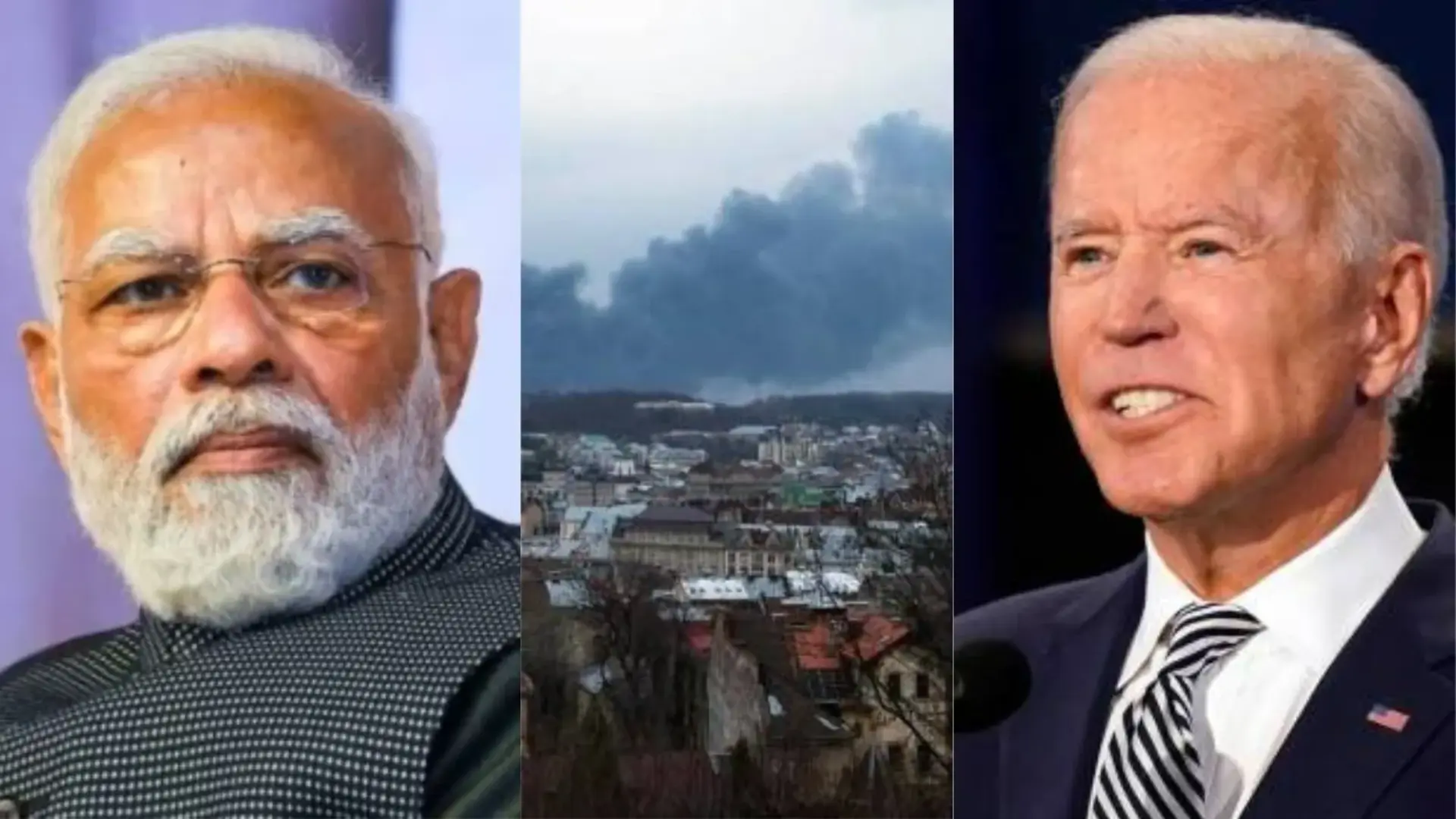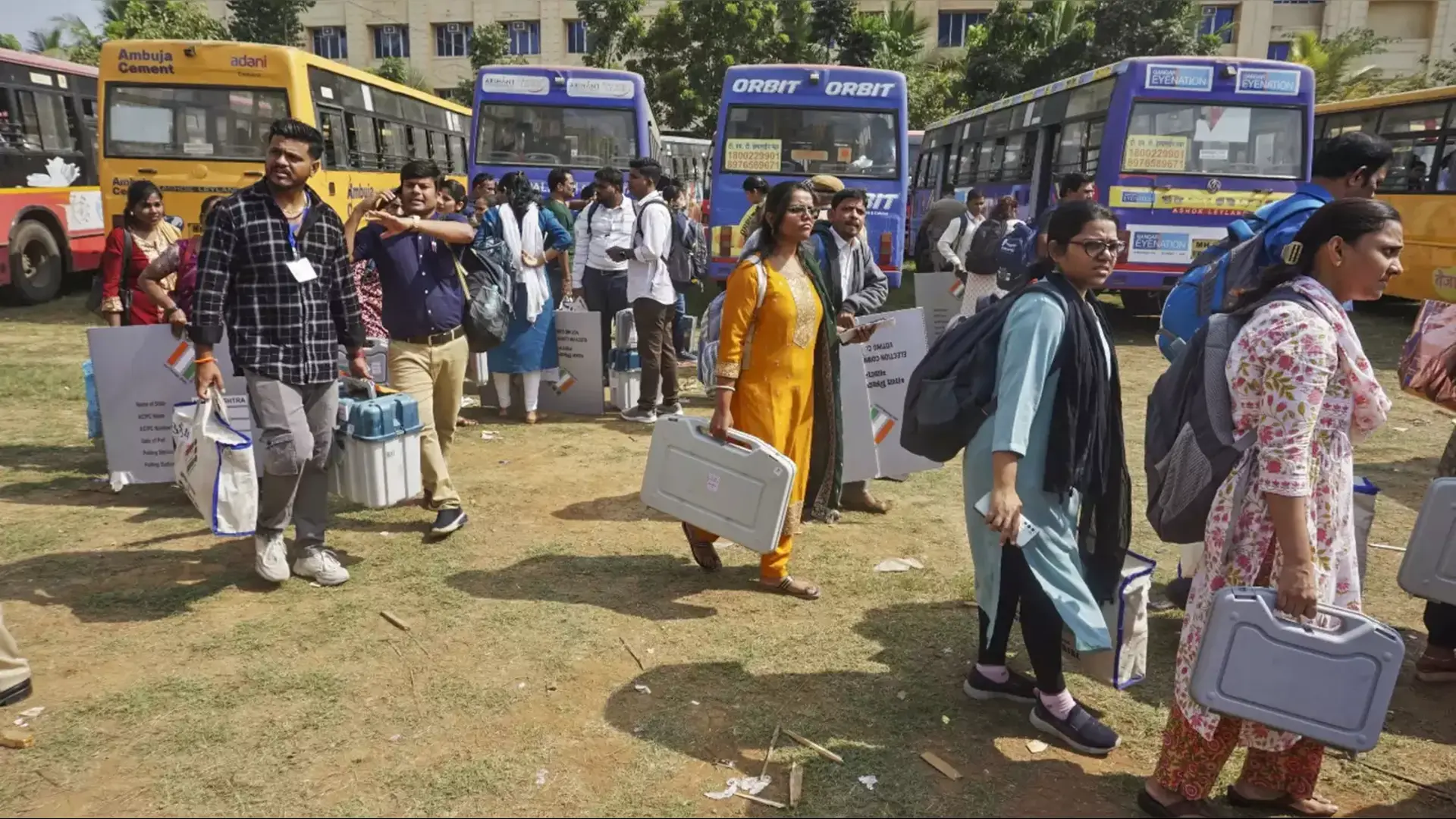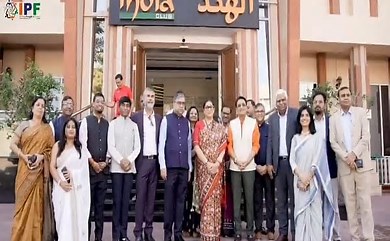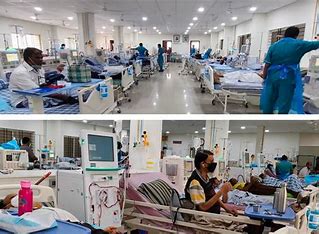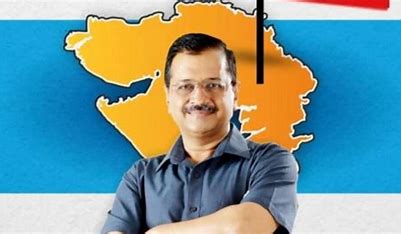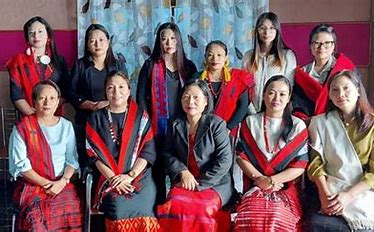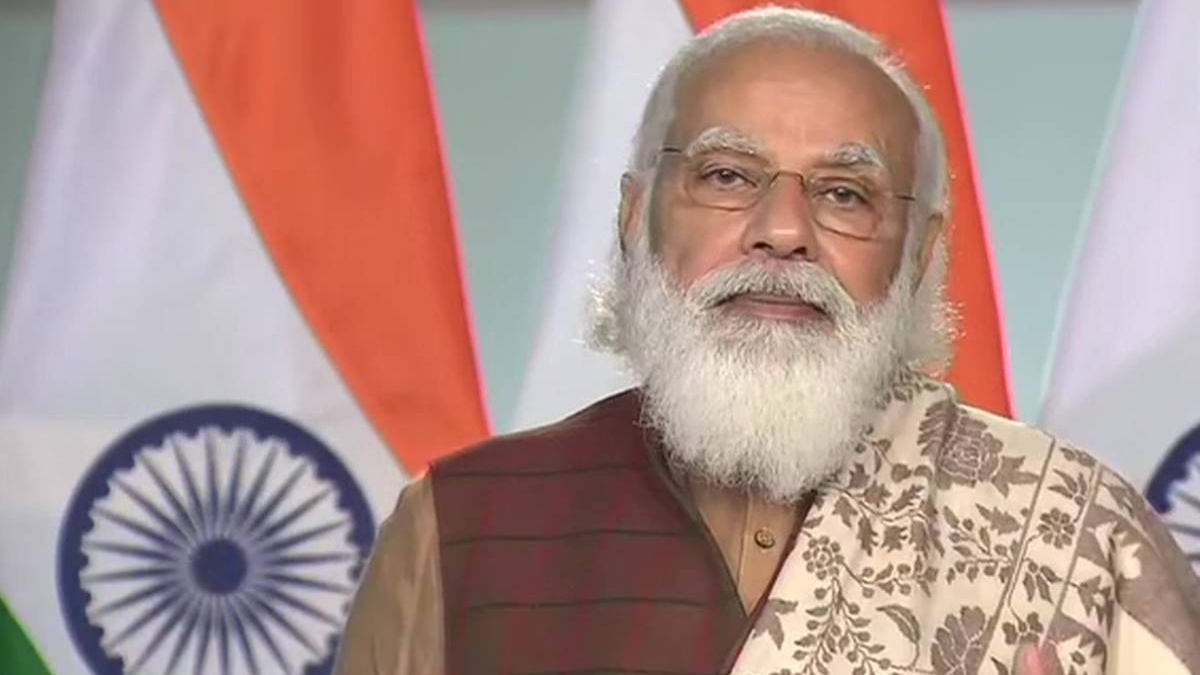
Prime Minister Narendra Modi on Sunday addressed Janaushadhi Diwas celebrations and interacted with beneficiaries of the Pradhan Mantri Bhartiya Janaushadhi Pariyojana through video conferencing.
He urged people to buy medicines from Janaushadhi Kendras at affordable prices and said, “Medicines are expensive, that’s why we have the PM Jan Aushadhi Yojana for the poor which saves them money. I urge people to buy medicines at affordable costs from ‘Modi kidukaan’ as people like to call it.”
On the occasion, the leader also dedicated to the nation the 7,500th Janaushadhi Kendra at the North Eastern Indira Gandhi Regional Institute of Health and Medical Sciences (NEIGRIHMS) in Shillong.
Union Ministers D.V. Sadananda Gowda, Mansukh Mandaviya, Anurag Thakur, Chief Ministers of Himachal Pradesh and Meghalaya, and Deputy Chief Ministers of Meghalaya and Gujarat were also present.
While interacting with a beneficiary, PM Modi asked people to spread the word about the benefits of janaushadhi. He said, “You are my family and your ailment is the ailment of my family members, which is why I want all my countrymen to stay healthy.” The PM also requested everyone to adopt a healthy lifestyle.
He told beneficiaries that due to affordability, patients are taking the required medicines, which is leading to better health outcomes. He praised the youth for promoting the ‘Janaushadhi movement’ and asked them to help in the ongoing vaccine drive.
Talking about the 7500th Janaushadhi centre which opened in Shillong, PM Modi said that the dedication to the cause was important as there were not even 100 centres in India six years ago. He said that the aim now is to achieve the target of 10,000 centres.
PM Modi pointed out that for a long time, the government treated health as a subject of only disease and treatment. However, the topic of health is not confined to this but also affects the economic and social fabric of the country.
“Poor and middle-class families are saving about Rs 3,600 crore every year on expensive medicines. This scheme is also promoting self-reliance among women as more than 1000 centres are being run by them. In order to promote the scheme, the incentive has been enhanced from Rs 2.5 lakh to 5 lakh with an additional incentive of Rs 2 lakh for Dalit, Aadivasi women and people of the Northeast,” he said.
He further stated that the Ayushman Yojana had ensured free treatment up to Rs 5 lakh for the country’s more than 50 crore poor families. So far more than 1.5 crore people have taken advantage of it and saved about Rs 30,000 crore, he said.
The Prime Minister also noted that the demand for India-made medicines and surgery has increased. “Production is also increasing to keep up with the increasing demand. A large number of employment opportunities are also being created,” he said, adding that 75 AYUSH medicines are now available at the Janaushadhi centres. He said that patients will benefit by getting cheaper AYUSH medicines and the fields of Ayurveda and AYUSH medicine will also benefit.
The Prime Minister then lauded scientists for the ‘Made in India’ Covid-19 vaccine, saying, “Today, India has vaccines not only for local use but also for helping the world. The government has kept the interest of the poor and middle-class in mind for the vaccinations. Vaccination is free in the government hospitals and private hospitals are charging just Rs. 250, which is the lowest in the world.”
The leader also stressed on the need for having infrastructure for effective treatment and the availability of quality medical staff, adding that the government has started working on a holistic approach in extending the country’s health infrastructure from primary hospitals in villages to tertiary hospitals and medical colleges like AIIMS.
The Prime Minister recounted the government’s efforts to improve the medical setup in the last six years. He informed that in that period, more than 30,000 seats have been added to the 55,000 MBBS seats that existed in 2014. Similarly, to the 30,000 PG seats, 24,000 new seats were added. 180 new medical colleges have also been established in the last six years, along with 1.5 lakh health and wellness centres in villages, 50,000 of which have already started functioning. These centres are treating serious ailments and making sophisticated tests available locally, he noted.
The PM also spoke of the enormous increase in the allocation for health in the Union Budget and talked about the Pradhan Mantri Aatmanirbhar Swasthya Yojana. “Every district will be provided diagnostic centres and more than 600 critical care hospitals have been established. Work is on for establishing one medical centre in three Lok Sabha constituencies,” the Prime Minister said.
He ended his address by claiming that the effort of the government today is to make treatment cheaper and more accessible for everyone.

